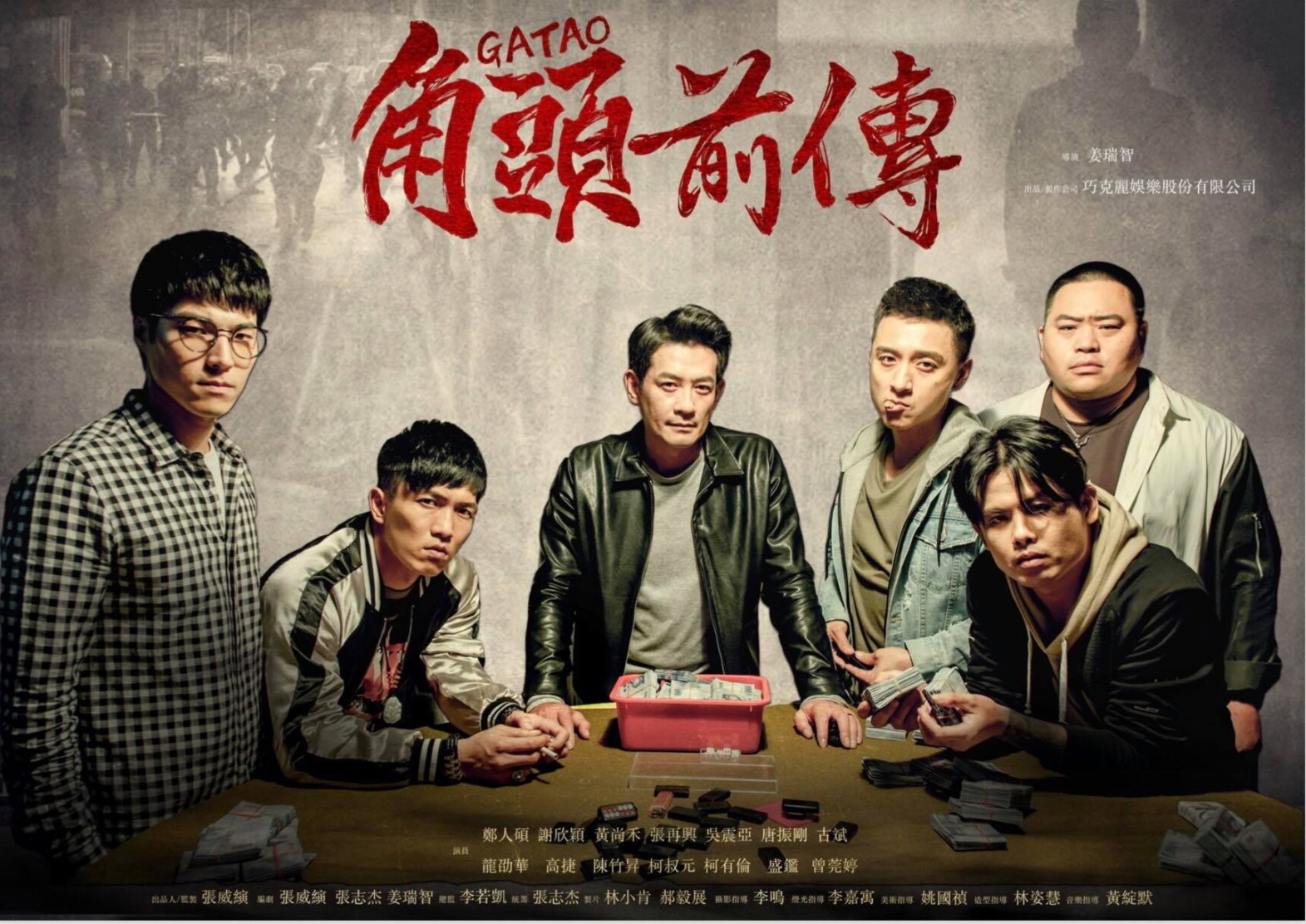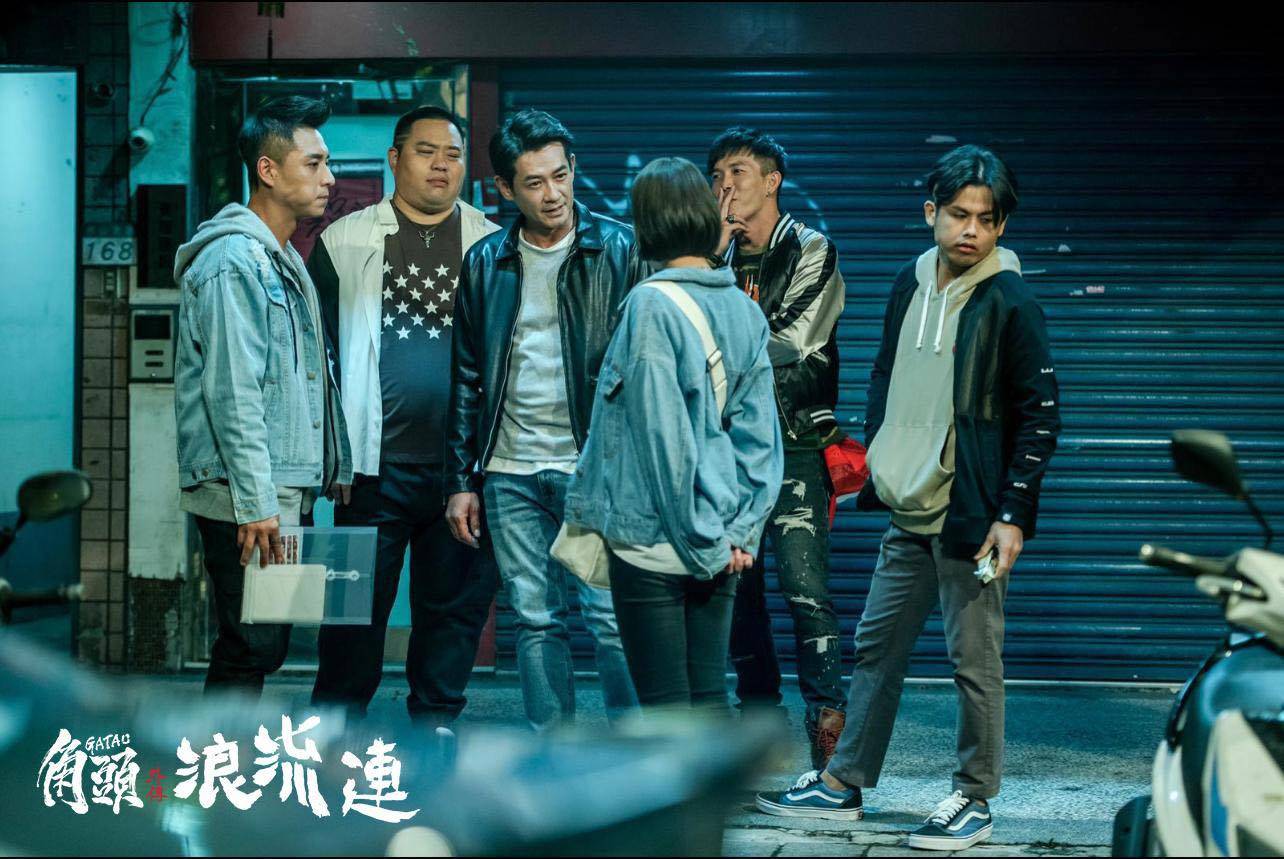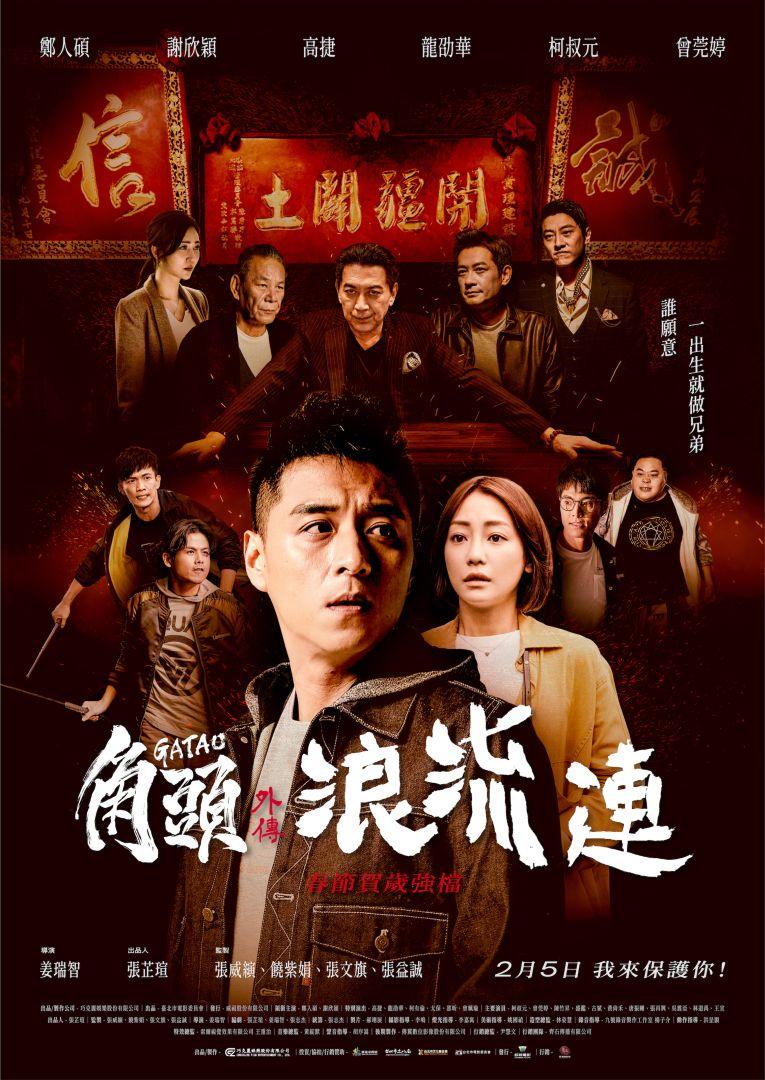by Brian Hioe
語言:
English
Photo Credit: Gatao: The Last Stray
GATAO: THE LAST STRAY is a competent gangster film of its genre, as a prequel and the third of three films in the Gatao franchise. Of course, one would expect a romanticization of gangster life from a film of the genre and, in this respect, Gatao stays the course.
Set in the “North District,” a fictional version of the Linsen North Road area, the idealized world of gangsters that Gatao depicts is one in which gangsters maintain social order and take care of issues that the police cannot. The protagonists of the film, however, are reacting against the breakdown of this world of honor, with the entrance of young drug dealers into gang territory where drugs have historically been forbidden. Gangster collusion with politicians, police, and development companies is framed as a harmonious form of collaboration aimed at maintaining social order, while gang members are depicted as rough but kind men, mostly orphans or individuals from disprivileged groups.

Photo credit: Gatao: The Last Stray
The film follows Ah-qing, a gang enforcer. At the start of the film, the protagonist, Ah-Qing, meets Chi, a photographer hired to photograph the celebration of the birth of his boss’s child. Although the two get off to a rough start, arguing because Chi is late and because Ah-Qing accidentally breaks her camera lens, the two gradually bond with each other despite the differences in their lifestyles.
However, as Ah-Qing becomes embroiled in increasing violence, following attempts by other gangs to encroach on the “North District” and sell drugs as a way to destroy the reputation of the gang Ah-Qing is part of, this puts Chi in danger. The relationship of the two is put to the test, then.
In this respect, Gatao: The Last Stray’s overall plot is drawn from familiar elements of gang movies. This includes the doomed relationship between Ah-qing and Chi because the two come from two different worlds, as well as the conflict between an older, more honorable gang and a newer gang willing to resort to selling drugs.
Ah-Qing, played ably by Cheng Jen-shuo, primarily carries the film. Ah-Qing is depicted as something of an ideal of Taiwanese masculinity, in that he is tough, self-reliant, and initially abrasive but quickly proves to have a heart of gold. Sometimes this is exaggerated, as seen in scenes of Ah-Qing walking around North District handing out beverages to the elderly.
By contrast, Chi, played by Nikki Hsieh, is a less well-developed role and this ultimately is to the film’s detriment. Chi is meant to serve as a spunky foil for the frequently serious Ah-Qing but her character comes off as sometimes lacking common sense in dangerous situations or otherwise cloying of Chi.
The film’s large cast, featuring returning actors from past films, otherwise are mostly one-dimensional roles. The film’s antagonists are particularly flat as characters, particularly the nerdy and virginal drug maker, Toby.

Photo credit: Gatao: The Last Stray
No scenes in the film stand out as particularly noteworthy or intricate, but the film maintains a high level of consistent quality for the duration of the film. If the plot drags at times, this is due to the simplicity of the plot, as well as its lack of originality. To its credit, the film maintains a good mix of light and serious moments, balancing light fare without leaning too heavily in the direction of trying to be overly gritty or realistic.
That the film remains competent and entertaining is because its ensemble cast can still be charismatic, even if their characters are not too well developed. There are no particular missed notes, except that the romance between Ah-Qing and Chi comes across as forced and not well-developed, with no real sense of progression that leads to their becoming a couple nor to any ups or downs in their relationship.
So, too, with the film’s conclusion—there is not any especially strong sense of climax to the story. This may be because the film is ultimately a prequel and sets up the rest of the Gatao trilogy, though the film manages to not require too much knowledge of previous installments in the franchise. Gatao does what it needs to and is entertaining, but it is otherwise a standard, competent film.



